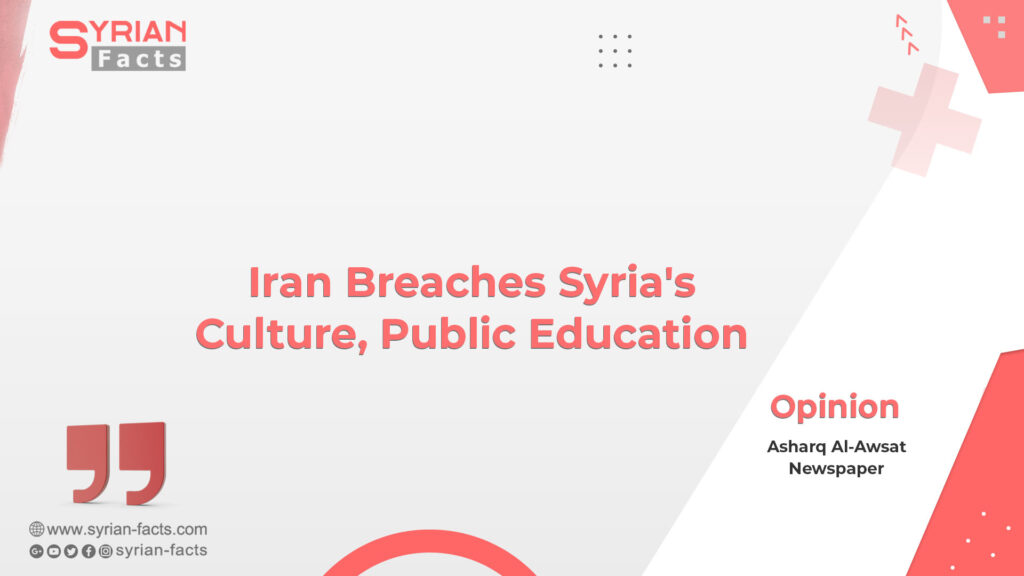The Iranian Embassy’s Cultural Chancellery, in collaboration with the University of Damascus’ Persian Language Department, held a special celebration of the Yalda Night, an ancient Iranian festival, marking an unprecedented occurrence in Syrian public universities.
The Faculty of Arts and Human Sciences at Damascus University reported that the Persian Language Department, in cooperation with the Iranian Cultural Chancellery, held a cultural event on the occasion of Damascus University’s celebration of the centenary of its founding.
The event, featuring Yalda Day, showcased poetic presentations and competitions by participating departments. It took place in the presence of the Iranian ambassador, embassy members, the dean of the Faculty of Arts and his deputies, heads, and faculty members of Persian language departments from Damascus, Aleppo, and Al-Baath (Homs) universities, alongside faculty students.
The University of Damascus has never witnessed cultural events celebrating Syrian religious and national holidays, such as Nowruz (celebrated by the Kurds) or the Assyrian New Year’s Day, Ghadir Day, the Murshidite Day, and Christian holidays, such as Barbara, the Epiphany, the Transfiguration, and the feast of Our Lady. The Baathist authority used to avoid these celebrations as Syria is a secular country.
Sources in Damascus informed Asharq Al-Awsat that Iran’s longstanding efforts to integrate into Syrian society became more pronounced during Bashar al-Assad’s era. However, this influence had previously been limited to non-public educational institutions. The dynamics shifted when Russia introduced Russian as a second language in basic education curricula, leading to increased competition between Iran and Russia, whose culture is relatively accepted in Syrian society.
Some of the Iranian manifestations left a negative impact, including an arts exhibition held by the Iranian Cultural Chancellery, in cooperation with the College of Fine Arts in Damascus, entitled “Khomeini in the Mirror of Syrian Art” in June. The event caused a wave of denunciation and mockery within Syrian cultural circles.
Iran has boosted its cultural initiatives by extending into public education, particularly in higher education. During the past seven years, he has established Persian language teaching centers in public universities. Iran has also forged several educational agreements. Additionally, several Iranian schools and universities have been inaugurated in Syria.









Be the first to write a comment.